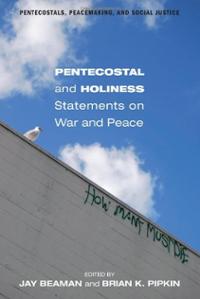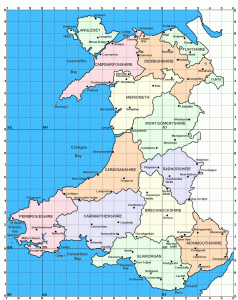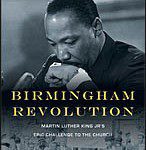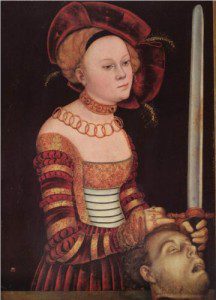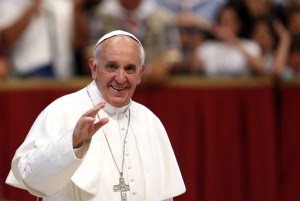Jay Beaman, a sociologist at Warner Pacific College in Portland, Oregon, likes to do historical experiments. After extensive research he sends emails to members of Ancestry.com, telling them that he has found a relative of theirs who claimed religious objection on their World War I draft card. These relatives were members of holiness and Pentecostal denominations. Their descendants typically have no idea of the pacifist commitments of their grandparents and usually write back to Beaman saying that he surely must... Read more


